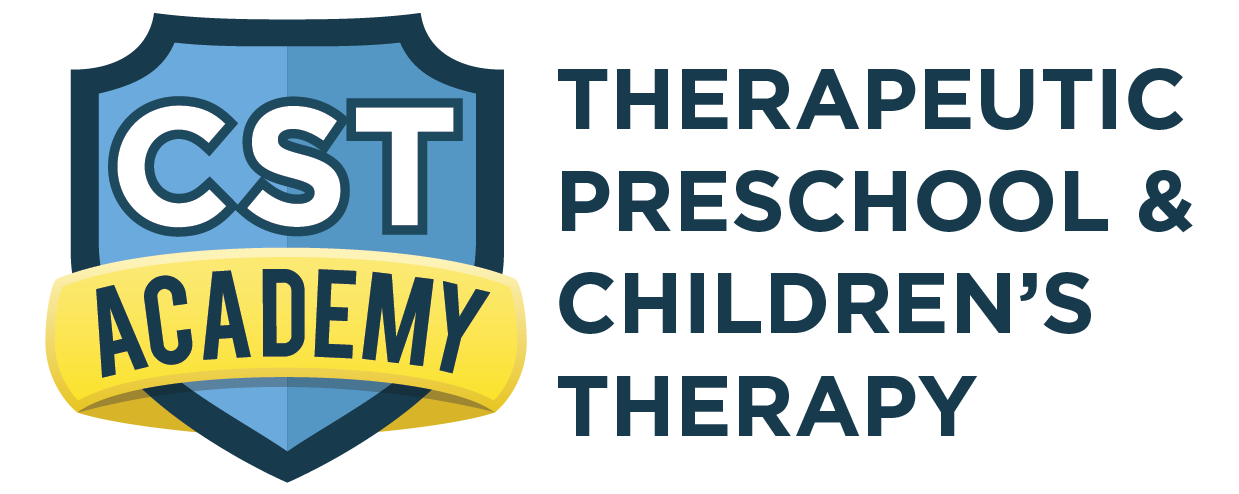Many people are not aware that there are different kinds of language. No matter what dialect you speak, you are using multiple forms of communication to convey ideas, feelings, and different messages. Understanding how we communicate makes us better communicators overall, but how does this relate to speech therapy? Depending on what kind of communication challenge you or your child experience greatly effects that therapy received! The two big breakdowns of language are receptive language and expressive language.
Receptive language is the ability to understand words and language. Much of this type of language is inferring communication from our environment and experiences. For example, when we hear a siren, we know to get out of the way for an emergency vehicle. Similarly, when a dog sees their owner grab a leash and put on a coat, they become excited because experience has communicated it is time to go on a walk. Receptive language also is responsible for understanding concepts such as size, shape, color, time, and sentence structure.
Of course, all of these skills are important for successful communication! Children that might find following instructions, keeping routine, or responding to questions may be exhibiting symptoms of a receptive language disorder. These types of challenges making functioning and communicating in academic, home, and social environments very difficult and frustrating for children. Children with receptive challenges also experience: attention deficits, behavior problems, challenges with social skills, difficulty sequencing, and struggling to distinguish between sounds.
Expressive language is the use of words, sentences, gestures, and writing to create a message or convey a meaning. It is frequently associated with identifying objects, describing events and how to do actions, create sentences and use correct grammar. Children of the appropriate age also will have the ability to recall or tell a story and answer involved questions. This is critical for social communication and communication of needs, wants, and develop writing.
Children that struggle with expressive language also frequently have an underdeveloped receptive language. Many of the symptoms of expressive and receptive language challenges are similar, such as attention deficits. However, some of the unique symptoms include: using “jargon,” using immature sentences, producing sentences with wrong word order, difficult to understand, and difficulty developing writing skills.
While these are great indicators, each child is unique and may present other or differing signs of language development. These signs and symptoms may simply encourage having your child evaluated by a professional. Only an evaluation with a speech therapist or licensed professional can truly determine your child’s individual skills and challenges.
Are you interested in receiveing free information, speaking with Karen, or scheduling a free tour? If so, Click Here












